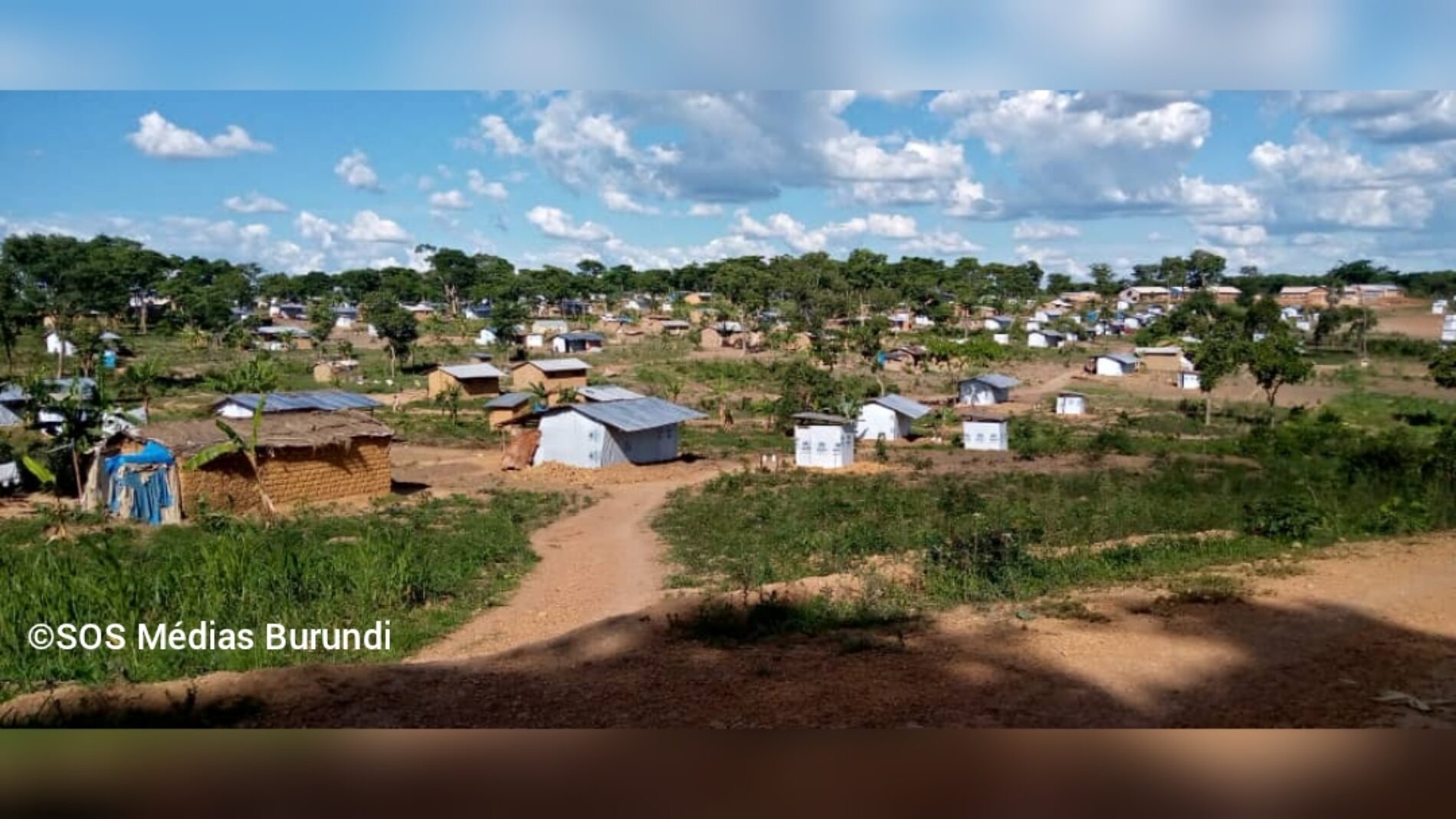Nakivale (Uganda): exhausted refugees facing an untenable life
Refugees in Uganda’s Nakivale camp warn that their life has become untenable. They are no longer able to pay food with the small amount they receive from UNHCR because the prices of basic necessities have soared, they say. The season has also not been good which impacted the haverst.UNHCR explains that it is unable to find more ways to improve food assistance for refugees. INFO SOS Médias Burundi
The spectacular rise in prices concerns basic necessities such as corn, beans and rice, according to our sources. “Maize and beans sell for 2,000 and 3,500 shillings respectively, while rice costs 5,000 shillings per kilo. Sugar, on the other hand, sells for 6,500 shillings per kg. Six months ago, the same amount of maize cost between 400 and 700 shillings. Do you see the difference, it’s incredible”, lament the refugees.
The price of the products concerned went from simple to double, even to triple.Refugees who spoke to SOS Médias Burundi say the situation is indescribable. “We get 13,000 shillings per person per month. It’s easy to calculate. It’s only the equivalent of 2 kg of beans and 2 kg of maize. Even a chicken cannot survive on this amount for a whole month. Let the UNHCR intervene, otherwise we will die in the hands of the UN agency, “they warn.
What worsened the situation are bad harvests. Normally, to fill the gap, the refugees cultivate small plots of land. This year, they say that they got poor harvests due to climate change. UNHCR officials explain that they are not in a position to intervene, considering that “the war in Ukraine has impacted the world economic system and we have been forced to reduce the ration from where life is becoming expensive and the prices of products are rising on the market”.
The Nakivale camp is home to more than 33,000 Burundian refugees.

